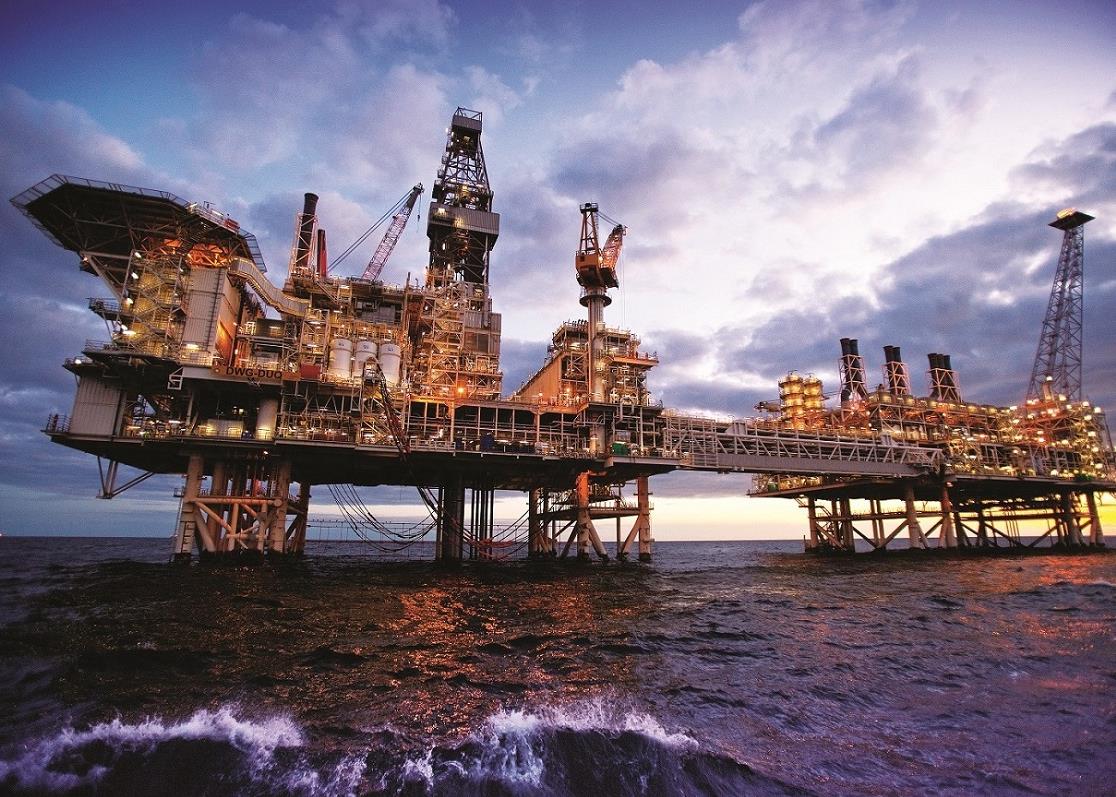
GROWING pressure on Belgium's banks to merge underlines the winds of change blowing through European banking. In a cry of alarm Belgium's Deputy Prime Minister Elio Di Rupo called in mid-January for the creation of a megabank if Belgium's banks were to avoid being snapped up by foreign groups.
Some Belgian bankers see the global expansion of their Dutch rivals as a model to follow. But the policy advocated by Di Rupo is more defensive, intended to protect Belgian banks from the impact of European monetary union.
Among the big three banks.
Kredietbank is opposed to the idea of a merger. Others are more enthusiastic. Etienne Davignon. the chairman of Societe Generale de Belgique, which has a 30 per cent stake in Generale Bank, has urged the bank to seek tie-ups with other institutions. In one such move Generale Bank purchased Credit Lyonnais Bank Nederland in 1995, the profitable Dutch subsidiary of the troubled French bank.
Bank Brussels Lambert (BBL) chief executive Daniel Cardon de Lichtbuer clearly entertains expansive ambitions. 'BBL would like to be a super-regional bank, but it's a question of getting priorities right,' says a banker in Brussels. First, all three big banks have to give themselves more muscle and then redefine how they operate.' However, it is doubtful that a merger of Belgium's big three commercial banks will ever happen.
Different corporate cultures and Belgium's communal politics mitigate against easy alliances.
No such reservations have held back the advance of the Netherlands' big three banks - ING, ABN AMRO Bank and Rabobank which have become major players in international finance through strategic alliances, mergers and acquisitions. In 1995 ING snapped up the UK's oldest merchant bank, Baring Brothers, which collapsed under losses from derivatives trading in Singapore.
ING Barings gives the Dutch parent added reach in the emerging markets which have become a speciality of the group. ING in Amsterdam says this will be further expanded with plans for Baring Asset Management to open in Bahrain. adding to a network that also includes ING Bank International Private Banking in Beirut and representation through Inter-Alfa in Iran.
ABN AMRO now claims to be the biggest foreign bank in the US and is expanding its emerging markets, investment banking and asset management capacity world-wide. Its Middle East network ranges from the Casablanca-based Algemene Bank Marokko to a Bahrain offshore banking unit which will house ABN AMRO's new Islamic banking department (MEED 24:11:95, Finance).
Luxembourg, already home to more than 220 banks, is also bidding to broaden the global reach of its financial market, which specialises in Eurobonds, private banking and investment funds. It owes some of its current prosperity to German tax policy which encourages an exodus of German savings into Luxembourg accounts to take advantage of the more attractive local fiscal regime.
Several international banks are using their Luxembourg base for more global activity. For example, Deutsche Bank used its Luxembourg operation to join Middle East syndications, including a recent $200 million Euroloan for Tunisia. Dresdner Bank is also developing project finance, syndications and portfolio management from the Grand Duchy. A particular attraction is the Kirchberg-based European Investment Bank (EIB), which is increasing its lending to the region as part of the EU's Euro-Med partnership initiative.
Belgian bankers with clients who do regional business regard the Middle East and North Africa as core areas. Some report an upturn in business in the last 12 months, despite continued problems in Algeria and Iran which were previously major markets.
In the Gulf, 1995 was better for us than 1994,' says one Brussels-based regional manager. Saudi Arabia showed a marked improvement with a higher volume of exports and letters of credit (LCs) and the situation also improved for exporters, according to our clients.' Bankers expect another good year in the Gulf in 1996, although they are adopting a cautious approach to some markets. 'There is some concern over the deteriorating political situation in Bahrain,' says one officer at a bank which focuses on the offshore banks in Babrain and has moved to reduce its exposure to local institutions.
Other risk analysts take a less pessimistic view. Bahrain is one of the few markets in the Middle East/North Africa region where the Dutch export credit agency NCM has no restrictions on cover. The others are Oman, Abu Dhabi and Dubai.
Egypt is seen as a market with renewed potential and BBL is understood to have trimmed its pricing to take advantage of the new mood in this market. Belgium's export insurer Office National du Ducroire (OND) has significantly raised its levels of cover.
reflecting an upturn in contracts awarded to major Belgian companies.
Dutch bankers are also positive. The prospects for the region as a whole are very encouraging: currently there are lots of projects in centres such as Qatar and Lebanon, says export credit specialist Marien Kortewet, vice-president for multi-sourced finance at ABN AMRO.
Project finance has turned Qatar into ABN AMRO's biggest market in the region. Along with France's Banque Paribas, ABN AMRO led the $931 million financing package signed in December for phase four of the Doha power transmission project. This included lead-managing a $164 million Swedish export credit tranche and a $175 million commercial loan.
'Saudi Arabia has lots of potential but the few transactions now going ahead in the market are by-passing export credit agency guarantees,' Kortewet says.
NCM adopts a cautious policy towards its Exposure. In the Middle East/North Africa region, only Bahrain, Oman, Abu Dhabi and Dubai are totally open for cover. Five countries are off-cover altogether: Algeria, Iran, Iraq, Jordan and Libya.
Banks are still prepared to structure deals for countries like Algeria when NCM cover is not available. ABN AMRO is financing several transactions for the country, but in deals structured so that they involve third country, rather than Algerian, risk.
In some cases, buyers prefer to stay away from export credits, using cash or other payments terms. 'We offered a facility for Kuwait just after the Gulf war, but it was never used,' says Kortewet. 'The Kuwaitis and the UAE both have lots of liquidity.' NCM has seen the need to expand abroad.
Upon privatisation in 1991, it acquired owned the biggest short-term credit insurer in the UK, the Cardiff-based NCM Credit Insurance. It has since expanded into Scandinavia and is a credit insurer with global ambitions.
For the most part, NCM's foreign subsidiaries operate as autonomous units.
However, links to the Dutch parent can have advantages when deals are transacted in areas where Dutch influence is strong, a British-based executive says. 'NCM has enormous financial strength, especially with the major shareholding position occupied by ABN AMRO.'
You might also like...

Adnoc Offshore awards Upper Zakum contract
17 April 2024

Oman awards Batinah coastal road contract
17 April 2024

Oman appoints Al Khuwair Downtown project manager
17 April 2024
A MEED Subscription...
Subscribe or upgrade your current MEED.com package to support your strategic planning with the MENA region’s best source of business information. Proceed to our online shop below to find out more about the features in each package.





